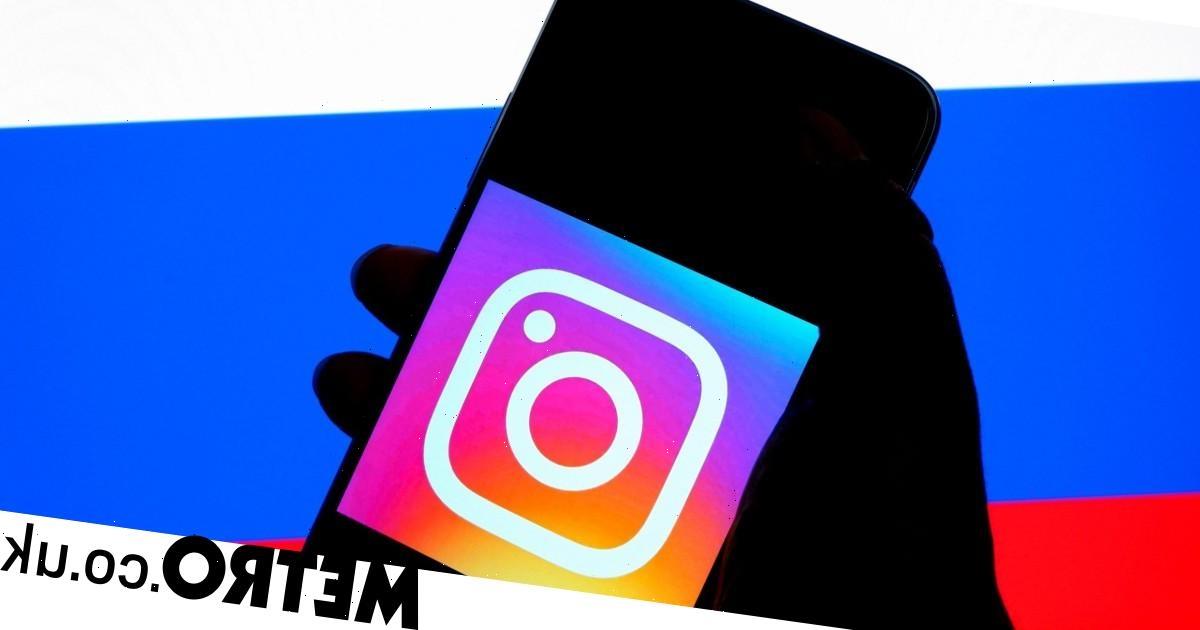The CIA has taken to Instagram to reach out to Russians who might want to act as informants amid President Vladimir Putin’s invasion of Ukraine.
On Monday, the agency posted a set of instructions in Russian on its official Instagram account.
The post contained instructions on how Russians could make ‘secure virtual contact’ with the CIA.
The post said it was providing Russian-language instructions for ‘those who feel compelled by the Russian Government’s unjust war’ to securely contact the American intelligence agency.
‘Our global mission demands that individuals be able to reach CIA securely from anywhere,’ said the post.
https://www.instagram.com/p/CdDo1_QMCLe/
The posts detail how Russians can access the anonymous web browser, Tor, to ‘guarantee the highest level of safety’.
The Tor browser can be used to browse the ‘dark web’ anonymously and is used by around 2.5 million people per day.
The CIA’s post warns potential Russian informants against using their personal or work computer.
‘We urge you to take all the proper precautions to keep yourself safe,’ the post said. ‘Your safety is of first priority.’
It advises them to use an internet connection or computer not associated with their identity with the ‘incognito mode’ switched on in the web browsers such as Google Chrome, Firefox, or Safari.
Alternatively, the CIA adviced Russians to use a VPN if they wanted to get in touch with the agency, preferably a paid one.
What is the Tor browser?
‘Tor’ stands for The Onion Router, in a nod to how the network’s architecture resembles the layers of an onion. Instead of .com, websites on Tor have a .onion suffix.
The Tor Browser can be used to surf the regular web with extra privacy because it bounces the user’s traffic through a bunch of ‘relay’ connections. This makes it practically impossible for authorities to monitor what the user is doing.
‘Do not use a VPN whose provider is based in Russia, China, or any other countries that are considered unfriendly to the United States,’ it warned.
The CIA’s Instagram post also provided a link to a dedicated channel to the agency asking informants to send their full name, job description, and the kind of information they could provide.
The US government is also seeing a surge in interest among Russians trying to skirt state censors online with the demand for VPNs in Russia skyrocketing.
Russia has blocked a number of Western social media companies like Instagram, Facebook and Twitter.
Daily downloads for the 10 most popular VPN apps on the Google and Apple app stores increased by at least 4,275% in the first week of Russia’s invasion of Ukraine, according to data from the analysis site AppFigures.
An unnamed CIA official reportedly told The Washington Post that concerned Russians were trying to contact the CIA since Russia invaded Ukraine in February.
Source: Read Full Article


